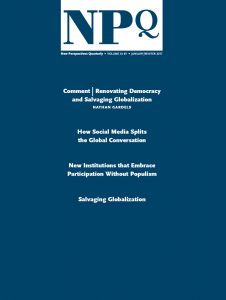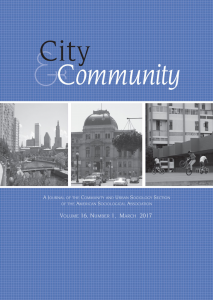Smoking: Bad Habit? Or Socially Patterned?

by socanonymous
A U.S. Federal Appeals court recently upheld a 2006 landmark ruling that found top tobacco companies guilty of racketeering and fraud. The companies were found to have deceived the public about the dangers of smoking by using misleading labels such as “low tar”, “light”, and “mild”, on cigarette boxes. Manufacturers have since been required to change the way they market their cigarettes.
The mass perception of smoking has gradually evolved from social acceptance to socially and morally unacceptable. This moral imperative serves to act as a regulatory function in society, for example in controlling public spaces. Governments have responded to changes in societal values through legislation, such as banning smoking in virtually all buildings in some US states and Canadian provinces.
Although societies have made many gains in reducing the amount of tobacco users and thus contributing to healthier citizens and environments, we fail to consider what Marie-Rachelle Narcisse et al. call the social patterning of smoking practices. They note that although tobacco consumption has declined over the past 20 years, new emerging patterns of smoking practices have emerged subsequently. It is of utmost importance to consider the multifaceted links with socioeconomic inequalities and gender-specific smoking patterns. In further understanding these patterns, I continue to question whether smoking is simply an individual bad habit or a consequence of socially patterned inequalities. If it is primarily the latter, we need to begin considering addressing the issue in other ways than simply changing advertising requirements.
![]() Marie-Rachelle Narcisse et al.
Marie-Rachelle Narcisse et al.
[polldaddy poll=1644220]


















Great questions about smoking. I wonder if there are some regional factors as well?
Keri